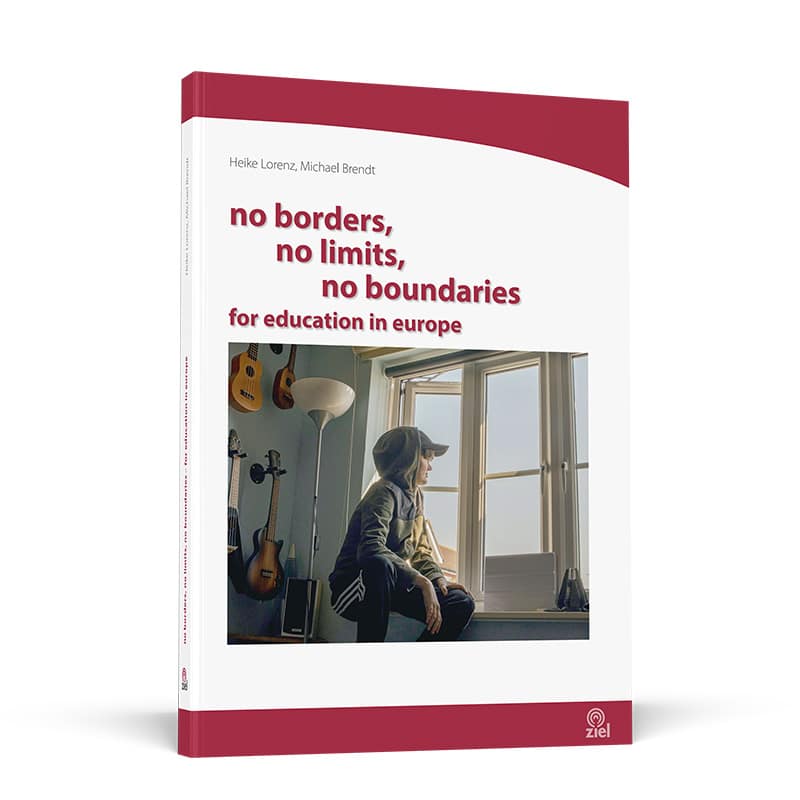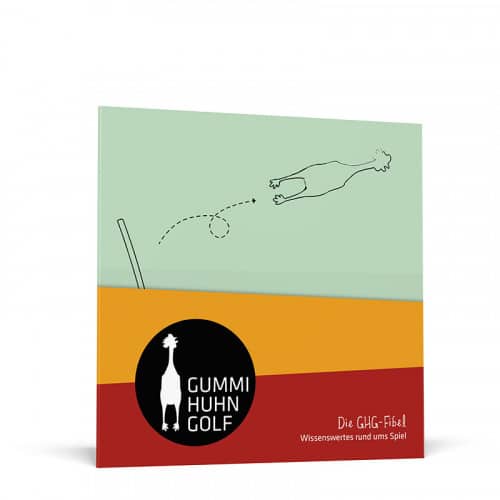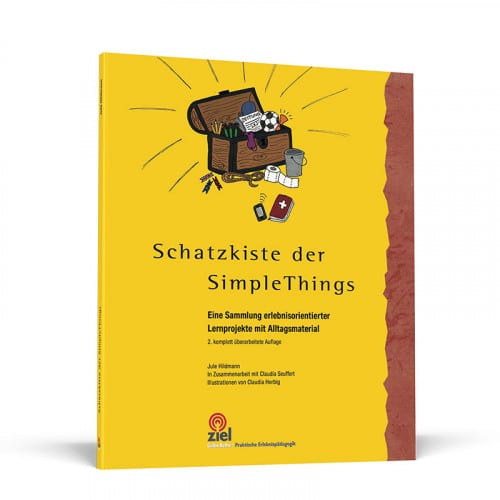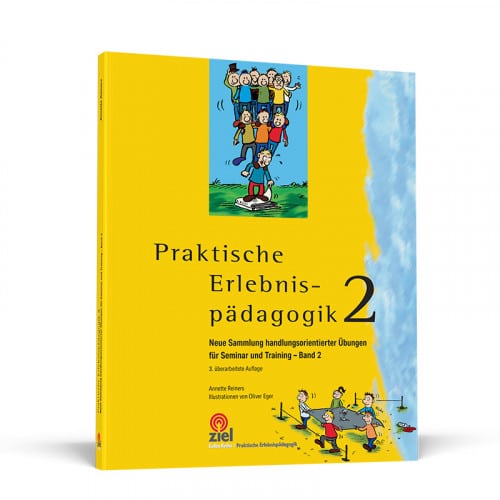Klappentext
Educational support in Europe across borders – how can it succeed? Over the past 30 years, the field of cross-border individual support, which was mainly developed in Germany, has established itself as a multi-faceted and promising approach.
However, the heterogeneous legal situation as well as the cultural differences in wonderfully colourful Europe require a high degree of effective cooperation in order to successfully manage and implement this form of support.
The aim of this publication is to provide an up-to-date overview of the field of work. Above all, European stakeholders are to be addressed and invited with the intention of reviving the, on occasion, deadlocked dialogues.
The publication is divided into three parts:
The individual passages at the beginning of the volume, some of which are very moving, tell about the challenging work that carers do together with the young people in the project placements. They shed light on the microcosm of Individualised Social Pedagogy support measures and explain what Individualised Social Pedagogy work means in practice, how it is experienced by the people involved and what opportunities it can offer in individual cases.
In another part, stakeholders from science, politics and organisations provide information on various overarching facets. These include, for example, schooling opportunities during stays abroad, qualifications for pedagogical professionals and cross-border cooperation models.
The actual starting point of this publication is presented in the concluding part: In his legal opinion, Prof. Dr. Dr. Reinhard Wiesner takes a close look at the consultation procedure that decisively regulates the cross-border placement of minors within the EU. He relates the procedure – better known as “Brussels IIa” – to the legal foundations of German child and youth welfare law and illuminates and comments on existing dissonances.
The publication is supported and promoted by the two German umbrella and professional associations Bundesarbeitsgemeinschaft Individualpädagogik e.V. (AIM) [Federal Working Group for Individualised and Experiential Pedagogy] and Bundesverband Individual- und Erlebnispädagogik e.V. (be) [Federal Association for Individualised and Experiential Pedagogy].





